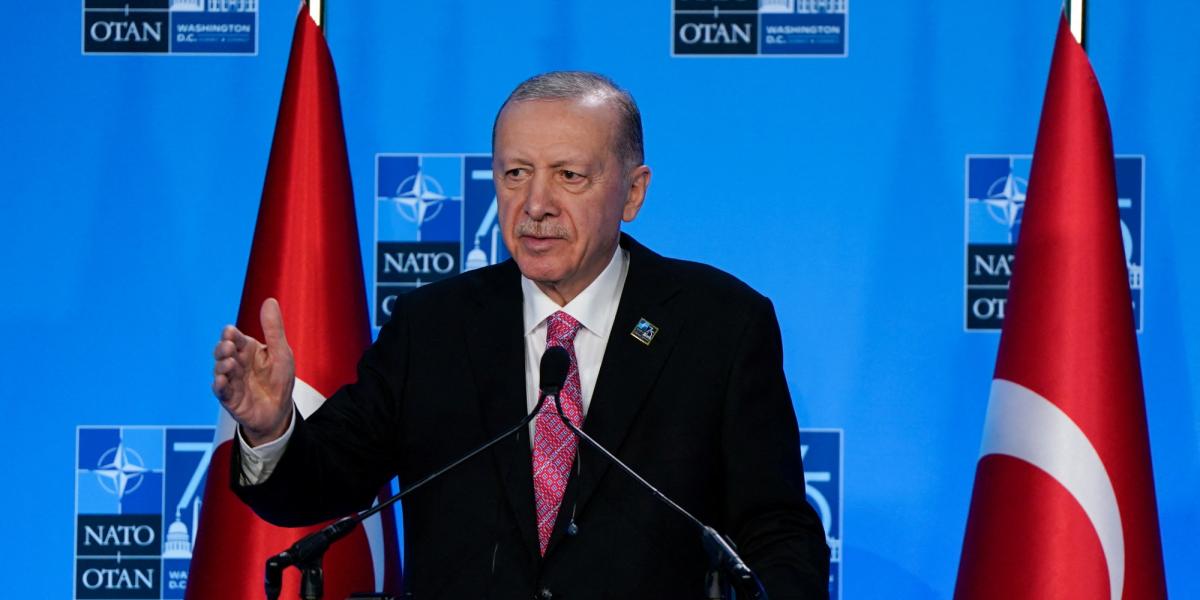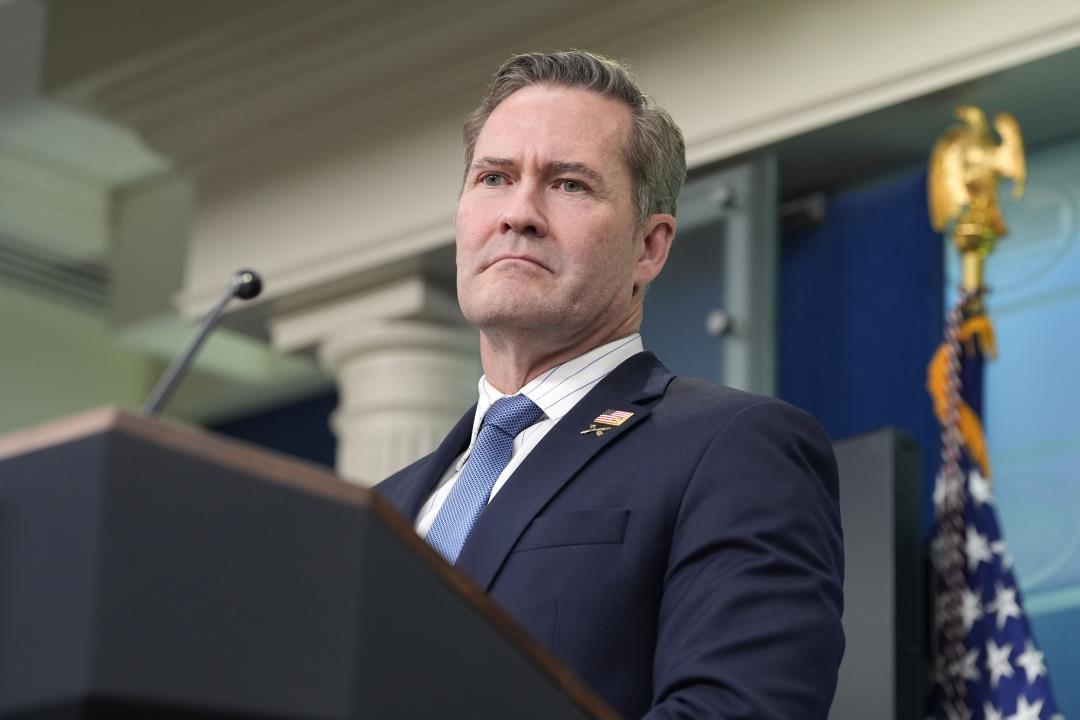Turkey's Civil Unrest: A Nation Divided
In a symbolic battle for democracy, Turkey is gripped by protests following the arrest of Istanbul's opposition mayor. Citizens rally against governmental repression and human rights issues.
Published April 02, 2025 - 00:04am

Image recovered from eleconomista.com.mx
Recent events in Turkey have marked a significant period of civil unrest, catalyzed by the arrest of Istanbul's opposition mayor, Ekrem Imamoglu. His detention has ignited nationwide protests, bringing back memories of the 2013 Gezi Park protests, and highlighting the tension between the government and its citizens. Demonstrations have erupted across major cities like Istanbul, Ankara, and Izmir, with thousands taking to the streets to voice their dissent against the country's current leadership under President Recep Tayyip Erdogan.
Imamoglu, a prominent figure in Turkey's main opposition, the Republican People's Party (CHP), was detained on charges of corruption, which he vehemently denies. His arrest is seen by many as a politically motivated attempt to stifle opposition against Erdogan amidst growing public discontent. The CHP, alongside student groups and other activists, have called for a boycott of businesses perceived to be aligned with the government, urging citizens to mobilize their consumer power as a tool for protest.
The international community has also voiced concerns. Agencies like Reporters Without Borders have condemned the detention of journalists covering the protests, highlighting the broader issue of press freedom under Erdogan's rule. The detention of journalists is not only a blow to media freedom but also a significant infringement on human rights.
Amidst a climate of fear, where expressions of dissent are met with heavy-handed responses from the state, the Turkish government has implemented measures to quell the protests. Authorities have banned demonstrations in the largest cities and have detained over 2,000 people, including students, journalists, and activists. Despite this, many protestors remain undeterred, stating their resolve to continue fighting for democracy, justice, and liberty in Turkey.
The ongoing protests have garnered large public support within Turkey, with significant gatherings despite governmental prohibitions. The CHP's call to action has resonated with citizens, drawing attention to the need for transparent governance and justice. There is a growing sentiment that the protests are not just about Imamoglu, but also about the future of democracy and freedom in Turkey.
Adding to the turmoil, well-known figures like actress Berna Laçin and groups of students have incited international attention by calling on foreign entities, such as British band Muse, to reconsider performing in Istanbul due to the political climate. This call for international solidarity emphasizes the global dimension of Turkey's internal strife, urging external actors to become more aware and possibly intervene through peaceful means.
The Turkish opposition and its supporters stand at a critical junction, as the government's response to these protests could significantly impact Turkey's political landscape. As the country grapples with these tensions, the resilience and determination of the protesters continue to draw the world's eyes, highlighting the complex dance between governmental authority and the people's demand for freedom and accountability.







